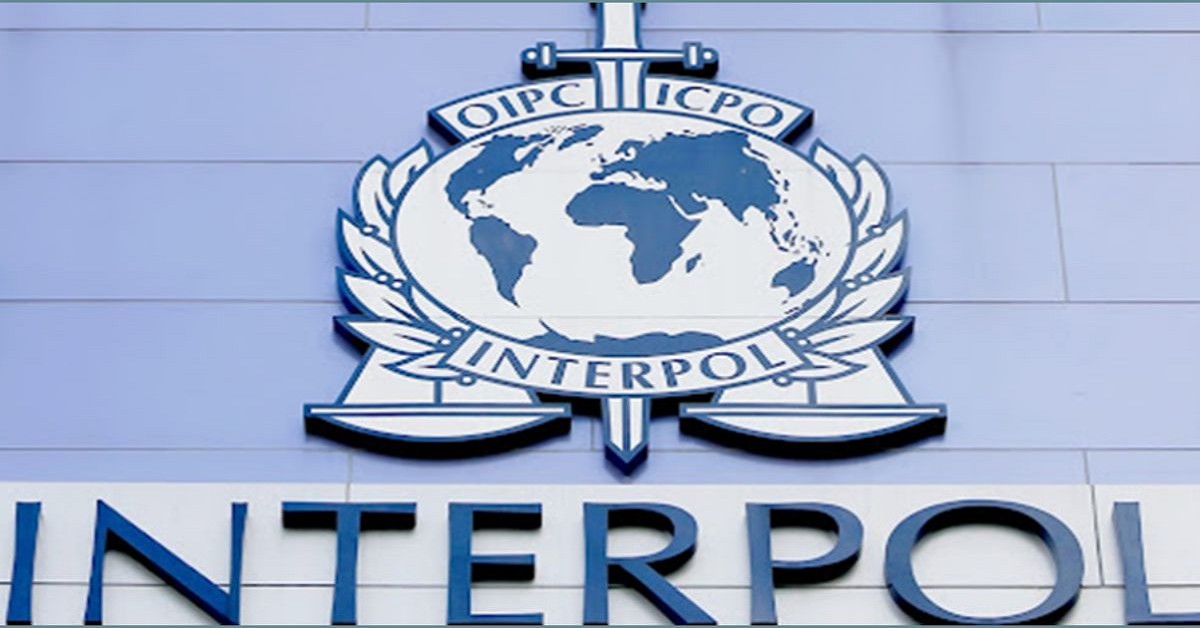Understanding Strict Alcohol Regulations by State

Understanding Strict Alcohol Regulations by State
The regulation of alcohol in the United States is a complex tapestry woven from a combination of federal, state, and local laws. Each state has the authority to develop its own regulations pertaining to the sale, distribution, and consumption of alcoholic beverages, resulting in a wide variety of laws that can be more or less stringent depending on the location. Some states are known for their strict liquor laws, which can significantly impact residents, businesses, and alcohol consumption behaviors. This article delves into the strict alcohol regulations by state, highlighting key examples and exploring their implications on society. For more on this topic, check out this strict alcohol regulations by state US states with tough liquor laws.
The Historical Context of Alcohol Regulations in the U.S.
Alcohol regulation in America has its roots in the Prohibition era, which lasted from 1920 to 1933. The 18th Amendment to the U.S. Constitution prohibited the manufacture, sale, and transportation of intoxicating liquors. Although Prohibition was abolished with the 21st Amendment, the societal impact lingered, prompting many states to retain strict regulations. These restrictions aimed to curb alcohol-related issues such as public intoxication, domestic violence, and health problems.
Key Categories of Alcohol Regulations
Alcohol regulations can generally be categorized into several areas:

- Sales and Distribution: Many states have laws that control who can sell alcohol and in what quantities. This includes licensing requirements for retailers and restricting sales to certain hours.
- Manufacturing: Regulations often govern the production of alcoholic beverages, including permits required for breweries, distilleries, and wineries.
- Consumption: Legal drinking ages, public drinking laws, and restrictions on alcohol consumption in certain areas fall under this category.
- Taxes and Fees: States heavily regulate the taxation of alcohol, impacting its affordability and availability.
- Advertising: Regulations regarding how alcohol can be marketed, including age restrictions and content guidelines.
Examples of Strict Alcohol Regulations by State
Here are some states known for their particularly stringent alcohol laws:
Pennsylvania
Pennsylvania has some of the most complex liquor laws in the country. The state operates its own stores—Wine and Spirits Stores—where all wine and liquor sales occur. Consumers can only purchase beer at licensed distributors or certain grocery stores with limitations. Furthermore, hours of sale are restricted, and sales are not permitted on Sundays in most cases.
Utah
Utah is renowned for its strict alcohol regulations influenced largely by the state’s predominant religious demographics. The legal blood alcohol content limit is lower than in many states, and bars are required to serve food with alcohol. Additionally, drinks served in restaurants and bars must contain a minimum of 1 ounce of alcohol, yet are often served at lower alcohol content with beers capped at 5% ABV unless served in private clubs.
Mississippi

In Mississippi, the sale of alcohol is prohibited in many counties, and those that permit it face stringent licensing restrictions. The state has a 21-year minimum legal drinking age, yet many areas do not allow the sale of liquor, and beer sales are limited by the alcohol content. Additionally, Sunday sales are restricted in various municipalities.
Alabama
Alabama has an interesting patchwork of laws concerning alcohol. Certain counties have unique regulations; for instance, some areas are dry, while others allow alcohol sales only during specific hours. Furthermore, the state requires a special license for a retail liquor store, and local governments can impose additional restrictions based on community standards.
Implications of Strict Alcohol Regulations
The impact of strict alcohol regulations is multifold. On one hand, proponents argue that such laws help mitigate alcohol-related issues, including underage drinking and drunk driving incidents. On the other hand, critics contend that overly strict regulations can lead to black market alcohol sales and discourage responsible consumption. Additionally, businesses often find themselves navigating complicated licensing processes that can increase operational costs and discourage entrepreneurship.
The Shift Towards Deregulation
In recent years, some states have begun to reevaluate their alcohol regulations amid changing societal attitudes towards alcohol consumption. For instance, several states have adopted more lenient laws concerning craft breweries and wineries, allowing for expanded operations and direct-to-consumer sales. This shift reflects a growing trend towards deregulation that emphasizes personal responsibility over restrictive laws.
Conclusion
Understanding state-by-state alcohol regulations is crucial for both residents and businesses within those jurisdictions. While strict alcohol laws can serve public safety objectives, they also present challenges to consumers and entrepreneurs alike. As societal norms continue to evolve, it will be interesting to see how these regulations adapt and change across the United States. Whether through gradual deregulation or maintaining stringent controls, the conversation around alcohol regulations will undoubtedly continue to shape the landscape of American drinking culture.
